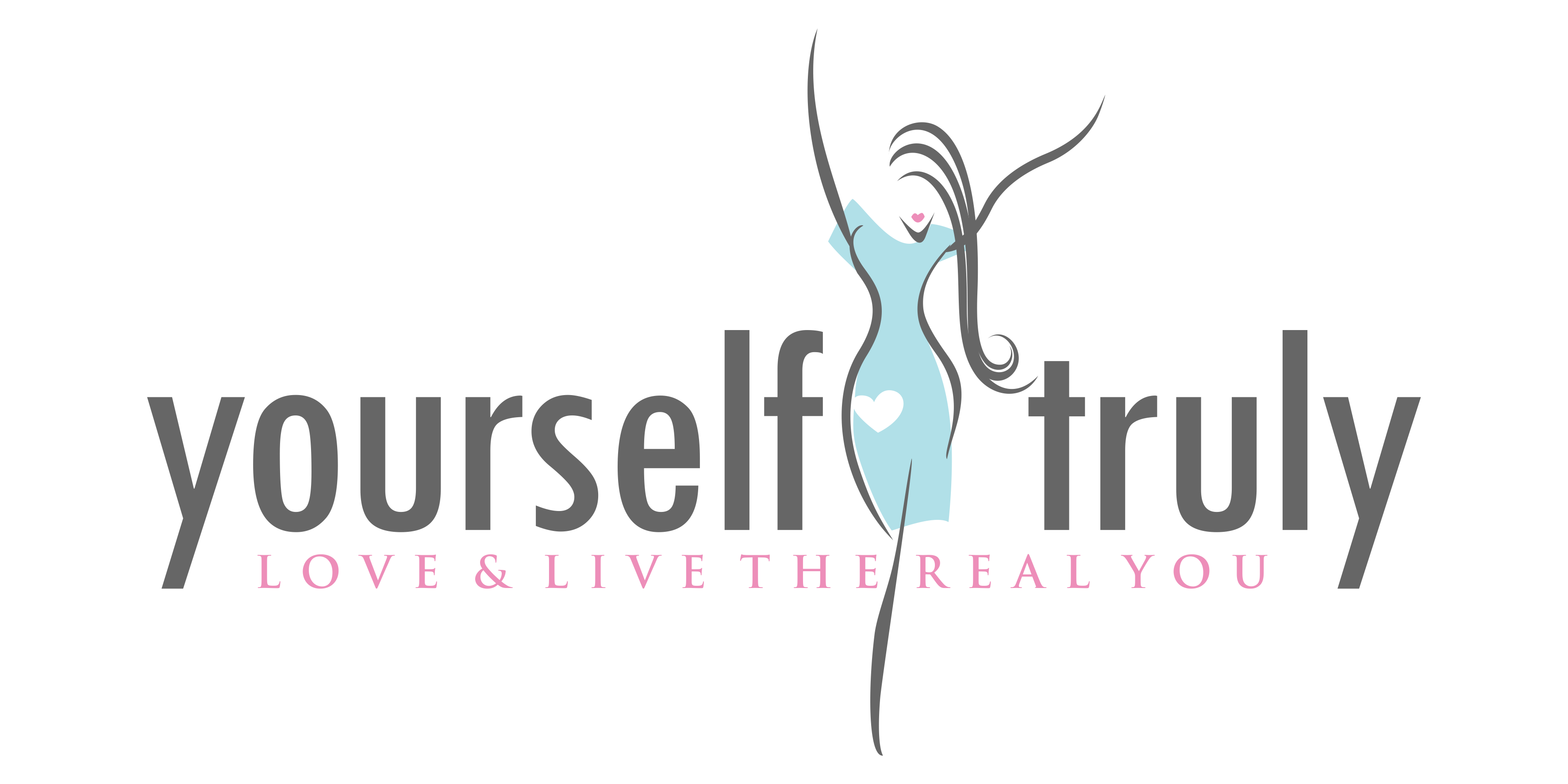
A friend asked me, based on my experience as a psychologist watching people develop personally and interpersonally, what I think are the three most positively transformative lessons to help people enjoy life. Wow, narrow it to three! Here are some concepts that I can say for sure change people for the better if they really understand them at an emotional level (not just going through the motions—though “fake it ‘til you make it” does help in the meantime). The first two are for you and relating to yourself and your life, and the last is for relationships, which we all know play a HUGE role in how we feel and how much we enjoy each day.
- What we resist persists. We can’t control our feelings. We can only choose to avoid them. Some people call this “rising above” them, but usually with a little poking the feeling is right under the surface draining their energy. The only way I’ve seen to effectively relieve painful emotions is to embrace them and go through them. The more you can make space to fully feel something, in fact, the more the feeling can transform and release. This idea is counter-intuitive for many of my clients, especially when society tells us to be strong and many parents tell their children to “get over” their feelings or “grow up.” Suppressing, or saying “no” to an experience that comes to you is, in my opinion, asking for more of that feeling over a longer period of time and may even lead to physical symptoms or illness.Let’s imagine a sailboat to further understand the concept of “what we resist persists.” The universe (or chance if you don’t believe in something more spiritual) is the wind that blows the sail of our boat. Many of us keep our sail up until we are blown into rough waters and then we decide we don’t like it so we pull down our sails. That is the worst time to decide you want to resist what life has brought because a boat with no sail up isn’t going anywhere and is therefore stuck in the rough water! Put the sail back up and you may go a little further that way, but you’ll turn around and get back to peace faster. So, say “yes” to your feelings and let them be as big as they truly are. That doesn’t mean acting them out (if you feel like yelling at a friend, you don’t act on that, but you do embrace and care for the experience of WANTING to yell instead of resisting or ignoring it).
- Love thyself. This one is painfully obvious, yet so difficult for most people. One of my happiest days parenting was a few months ago when my 2-year-old daughter said: “Mommy….I love you. I love you and I love myself.” I had such a positive reaction to her saying she loved herself that she has said it at least 10 times since—with a big smile on her face. She knows I like to hear that. Why? Loving yourself is not only the key to your own happiness, but also to your beautiful treatment of others and tolerance for them as well. Loving yourself won’t make you cocky, instead it takes away the need to be better than others because you have confidence that you are intrinsically valuable and always loved. Many wonder how to learn to love themselves, and it is, admittedly, not easy. A good therapist, friend, or lover who consistently reflects back your beauty is a good way to start. If you have such a person, focus hard on receiving from them as deeply as you can—really take in how they see you and let it sink in to your core, to your cells, to your entire heart. You’ll find places that resist, reject the love, and feel very uncomfortable or squirmy. Just keep going and let those places surrender. Don’t stop. Injuries and parts of you that have negative beliefs about yourself will have to die in order to take in the love and restructure around it, so learning through this deep receiving requires actively tolerating discomfort and trying to open more than you think possible.Teaching yourself without the help of another person is also possible. If you have ever loved anyone or anything, get in touch with that feeling and then direct it toward yourself. It may help to see yourself as a young child so your inherent innocence and sweetness is all the more evident. In the child version of yourself, too, you may be able to see the deep need for love and the dependence on others without being embarrassed by it. We are, of course, naturally dependent creatures. People are often shamed into covering it up, but people need people. Once you love yourself you will find the right people to depend on—people who you don’t feel guilty to need and whom you can trust to be there.Ideally we have “diffused dependency,” where we spread our dependency needs out among many loved ones so no one person feels the full responsibility for our needs. Practice visualizing yourself at an age that inspires your compassion and try to deliver that compassion right to that person’s heart, which is your own heart. Concept 1 and 2 go well together. When you don’t resist your experiences or feelings in this life, but embrace them, loving yourself no matter what begins. Bring your feelings into contact with love—that is what heals. Even anger or sadism is a feeling you can say: “Awwwwww….sweetie,” to because it was born out of pain and will be relieved with acceptance and compassion. If you want help transforming your relationship with yourself, the yourselftruly.com program can guide that process.
- Only one person goes crazy at once. In relationships, romantic especially, it is important that only one person “go crazy” at once. I like to use the term “go crazy” because I think it is true—when we have strong feelings triggered by our childhood issues, we are not rational or technically sane no matter how much we pretend to be and believe what our issues tell us. Even those with the healthiest backgrounds have crazy spots. You may fear abandonment, for instance. If this issue gets triggered you will feel as if your partner is abandoning you and act accordingly. Unfortunately, when people act out their issues it brings out in others the exact action the person feared. So, in this example you would act in such a way that would distance your partner or make him/her want to abandon you (perhaps through your anger, clinginess, irrational/unfair assessments of him/her, etc).It helps, however, if each partner in a romantic relationship understands the other’s crazy issues and can therefore not take them as seriously. Instead, give love and compassion to people you care about when they are triggered—and don’t try to reason with someone who is insane in that moment! Crazy issues are meant to pull the other person in and get him/her to act in the expected way (abandon you, in this example). So, it takes great will power to give love instead and not react with your own corresponding crazy issue (feeling misjudged or never good enough might be triggered by someone’s abandonment issues, for instance). The key is that one person’s crazy feelings and behavior doesn’t trigger the other person’s (which it naturally will without active resistance). If couples learn to avoid this dynamic of going crazy together, they will avoid many fights and actually be able to heal each other’s issues through giving love at the key moments instead of reacting in ways to reinforce their partner’s fears. Remember, too, that you can either be “right or in relationship.” Choose to focus on feelings, and caring for each other’s feelings, instead of fighting about logistics (who’s right, the facts, etc) that often don’t matter (or if they do, discuss them at a less-emotional moment).
Good luck! I wish everyone love for yourself that grows every day and the ability to surrender in this beautiful life journey, including its pains. As you grow in self-love I hope you find greater tolerance for your loved-ones’ tender (or crazy!) areas where they have been hurt in the past and that you can give them the love they need to heal as well.

